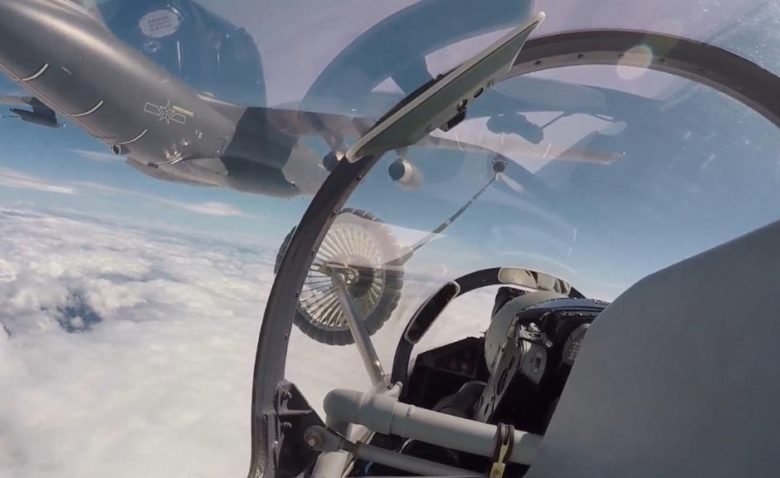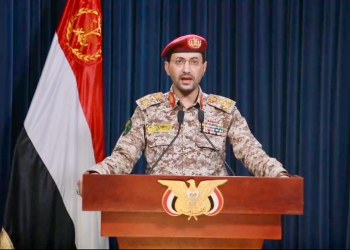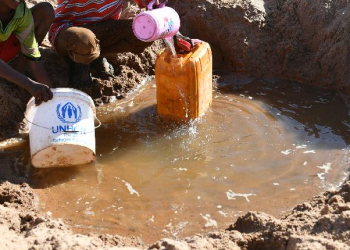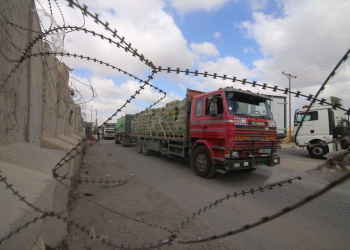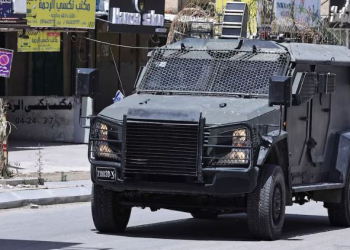Taipei: In manoeuvres around Taiwan on Saturday, the Chinese People’s Liberation Army (PLA) is performing “what it believed to be a simulation of an attack on Taiwan’s main island”, according to the Defence Ministry in Taipei.
The Ministry said that numerous military aircraft and warships were operating near Taiwan and some of them had crossed the unofficial centre line in the 130-km-wide Taiwan Strait, which separates the mainland and the island and is mostly respected by both sides, reports dpa news agency.
In response, Taiwan’s military had sent aircraft, radioed warnings and mobilised missile defence systems to track the Chinese military aircraft.
The Mainland Affairs Council, Taiwan’s government agency on policy dealings with Beijing, strongly protested China’s simulation, asking to immediately stop the irresponsible provocation.
China had launched the manoeuvres around the democratic self-governing island in response to the visit by leading US politician Nancy Pelosi to Taiwan. It was the highest-ranking visit from the US in a quarter of a century.
Beijing regards Taiwan as part of its territory and vehemently rejects official contacts between other countries and Taipei.
On Friday, the PLA had sent a “record number” of 68 military aircraft and 13 naval vessels into waters near the island, Taiwan’s military reported.
Taiwan’s Foreign Minister Joseph Wu tweeted his condemnation of what he termed a “dangerous escalation of the military threat” that was “wrecking peace & stability in the region & must be condemned”.
As part of its military exercises, which are due to end on Sunday, the PLA also launched 11 ballistic missiles in Taiwan’s direction, one of which flew directly over the island and passed close to the capital Taipei for the first time, according to reports.
Five other missiles landed east of Taiwan in Japan’s exclusive economic zone, in a gesture that was widely seen as a warning to Tokyo to stay out of the conflict.
China has suspended dialogue with the US on climate action and on certain military matters, while it ceased cooperation on issues such as the fight against organized crime, drugs and the repatriation of illegal immigrants altogether.
In addition, Beijing imposed unspecified sanctions on Pelosi and her immediate family members, accusing her of “seriously interfering in internal affairs”.
Speaking in the Philippines, US Secretary of State Antony Blinken said Washington had no desire to see the escalation of military tensions.
He urged Beijing to “focus on the fact that for 40 years plus, we’ve managed this problem, this challenge well and we’ve done it in a way that’s avoided any conflict”.
“I think that’s the expectations that countries … around the region and around the world have,” he added. “They certainly expect us, the US and China, to manage our differences responsibly and that’s what we’re determined to do.”
(IANS)



